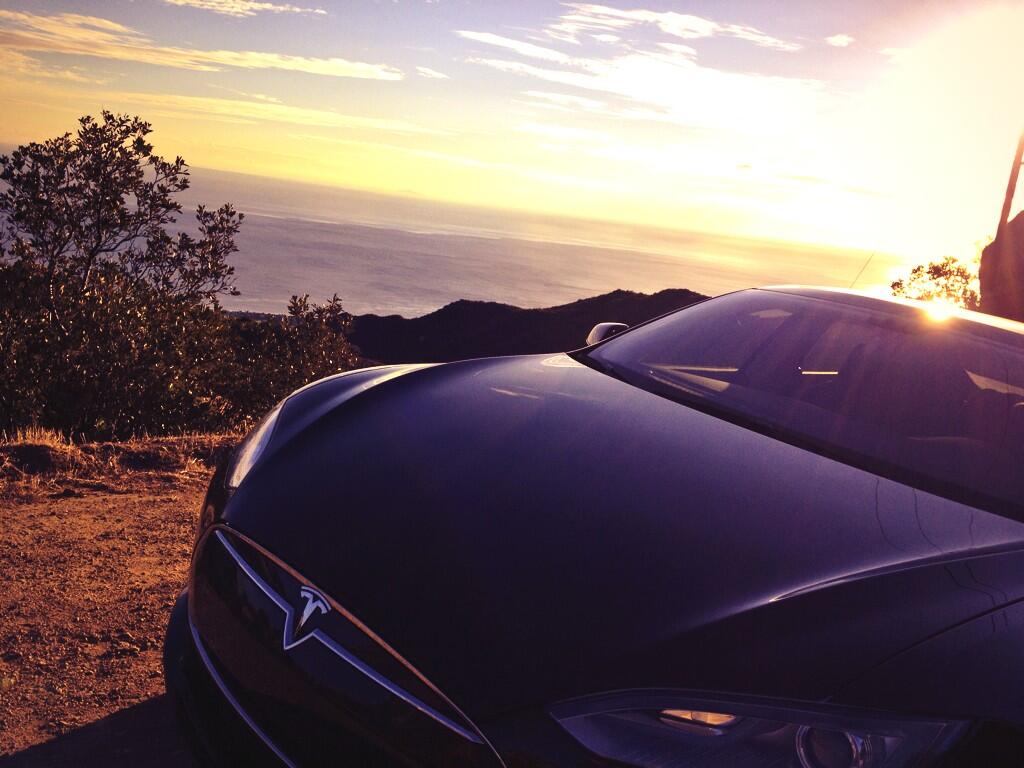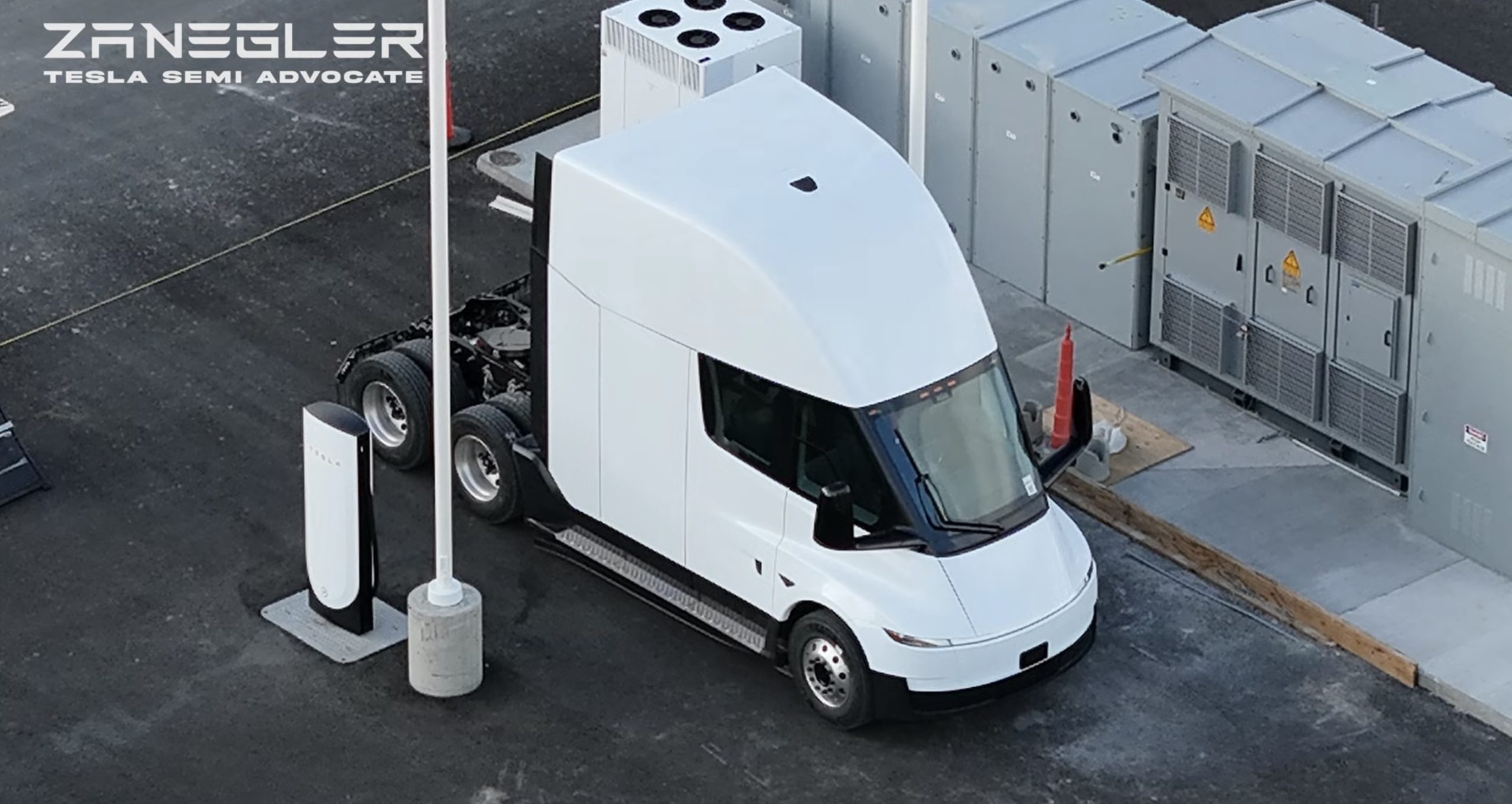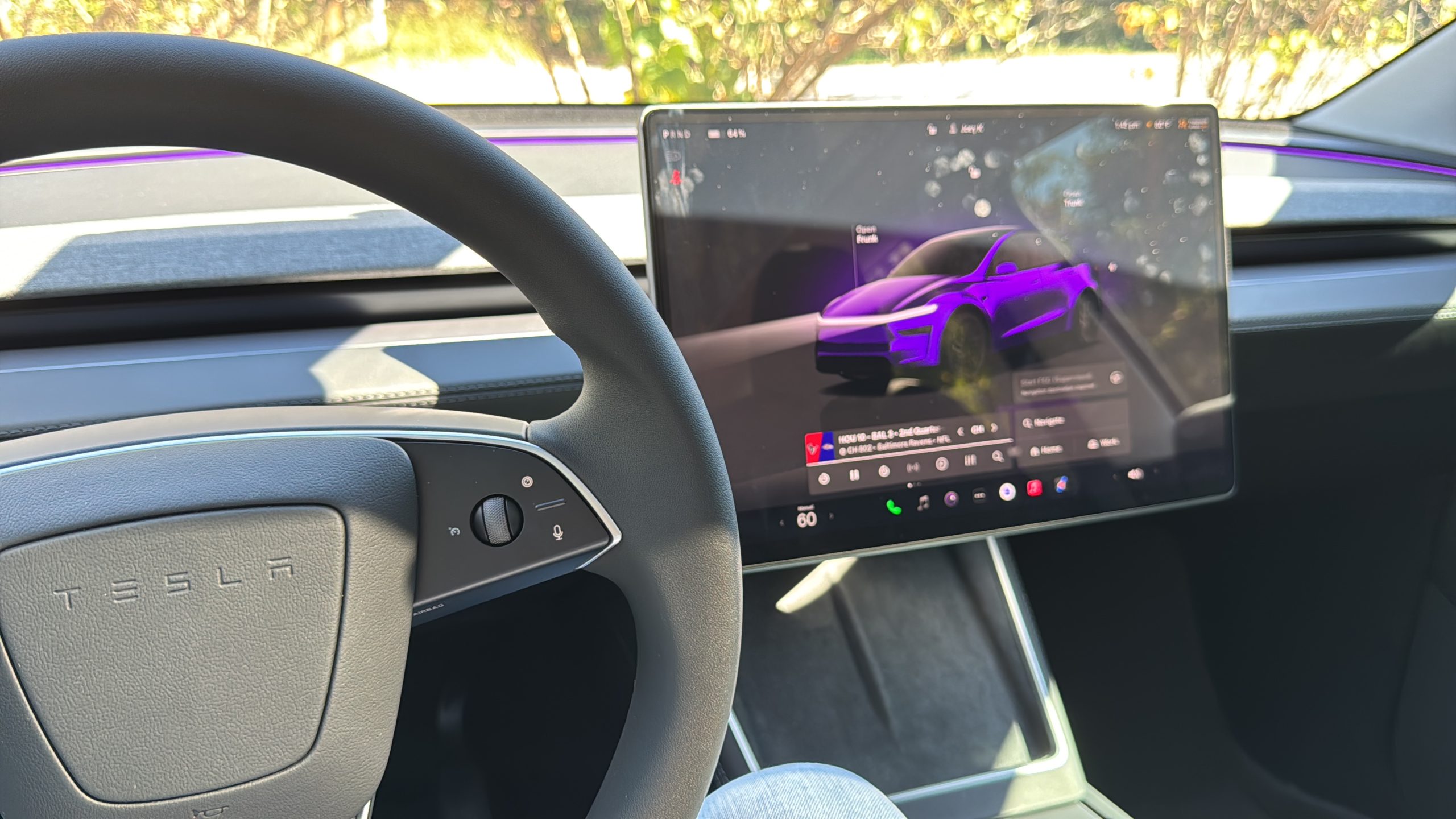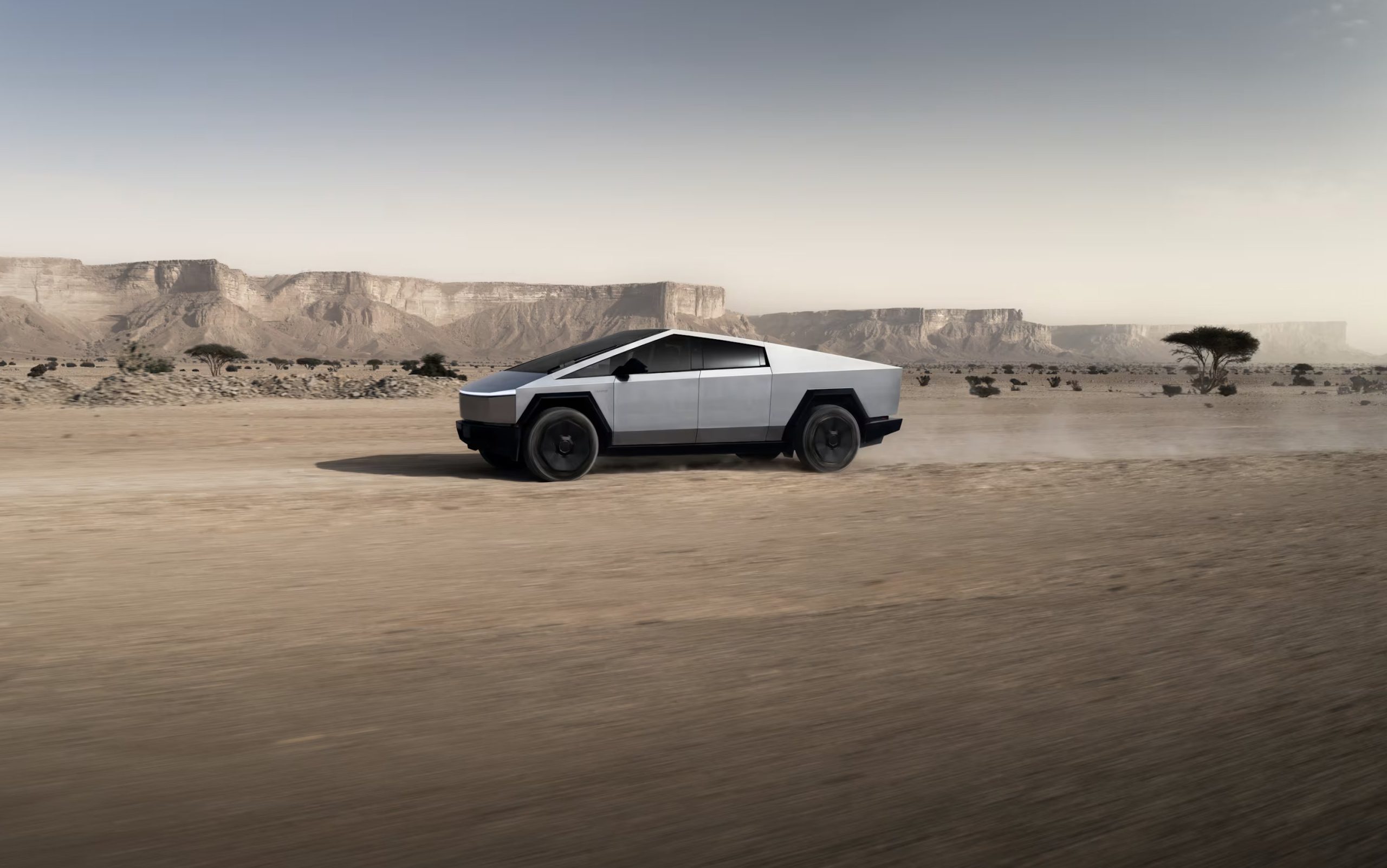News
Tesla’s $5B giga battery factory will disrupt more than carmakers and utilities

Making sense of Tesla Motors’ giga battery factory means taking a few steps back to see the bigger picture. We invite you to come along this electric ride as we put the pieces together and see just how disruptive Tesla really is.
Tesla is disrupting more than carmakers.
First things first, Tesla Motors isn’t a carmaker. Sorry to break it to you, but Tesla is a statement, an energy company, a lifestyle enabler and much more, wrapping it altogether into sexy computers on wheels. This is the biggest flaw carmakers made, seeing Tesla Motors as competition. Don’t believe us?
Tesla Motors, the energy management company.
Tesla Motors answered all of your electric vehicle (EV) needs, even those you didn’t know you had. What other carmaker offers you free supercharger? What other carmaker gives you soon the possibility to zip from Los Angeles to San Francisco swapping two or three battery packs? And even better, who gives you the option to pick up your original pack or keep the new one for a fee? Tesla is an EV enabler and much more.
Tesla Motors, the energy producing company.
Spending $5 billion on a battery manufacturing plant means serious business. It also means serious competition for a few unsuspecting industries, such as utilities and battery makers. Carmakers can’t make that kind of investment in battery technology, and won’t. It is too far out their business model.
Utilities is the industry segment Tesla is going after. This investment means Tesla will recycle lithium batteries and use them as storage with the solar energy it harvests. Connecting the plant to the grid means deadly competition for utilities, still trying to understand how to use EVs to their advantage. Tesla will force them to buy their energy or create their own micro-grid.
Tesla Motors, the battery company.
Tesla knows the price of lithium batteries has to continue to come down. Traditional companies struck strategic alliances to outlets, but not Tesla. After buying off the shelf, commodity lithium-ion batteries, it now will forgo the middleman to build its own batteries. This is yet another threat to battery makers worldwide. To think of the application this battery manufacturing plant has is staggering.
Tesla Motors, the lifestyle enabler challenges marketing.
More than anything, Tesla is beyond a performance cool car that runs on electrons. Tesla revolutionized the world of marketing and advertising by… not advertising. It’s not only brilliant, it saved the company millions of dollars better spent in R&D. Let’s face it, these advertising campaigns are not efficient. Why would you trust a manufacturer’s claim to be the best? It’s so impartial; everyone knows it and it just doesn’t work. Tesla is shaking the marketing world who is left to figure out what the “next big thing” is.
Tesla simply lets you drive your Model S for others to see that lifestyle statement. Remember that the Model S outsells any other car in its price range. If you think it bothers GM and Ford, imagine how Mercedes, BMW and Audi feel.
Can Tesla do no wrong?
We would be remiss not to point that the company is on a fast track to complete and absolute success in more than one industry. Still, as with such potential success, the opposite is equally valid. Investors are the Achilles heel, as the company’s stock price inflates to ridiculous levels. They could soon make unrealistic demands that could force the company down murky waters. Even Elon Musk agrees Tesla’s stocks are over-inflated.
It’s going to hurt when mainstream carmakers fully understand the wide-reaching scope of the Tesla Motors’ effect. They cannot compete with it, as much as they cannot compete with Apple or IBM. They will desperately try to catch up with a company that isn’t a carmaker. This year, utilities will wake up to the Tesla threat, after they barely get a grasp on what EVs mean for them. They will try to benefit using outdated models, but Tesla will throw a monkey wrench. Remember that if you stand in the way of Tesla, they will remove you by manufacturing it.
As we move away from a national grid to a smart grid system, with localized smart grids, utilities will have to switch from energy producers to energy managers. These are business model changes none of these industries are not equipped to make. Tesla Motors has played a fine chess game, not too many industries fully understand.

News
Tesla hiring for Commercial Charging role hints at Semi push in Europe
The job opening was highlighted by David Forer, Senior Project Developer for Charging at Tesla, on LinkedIn.

Tesla appears to be expanding its Commercial Charging efforts in Central Europe. The job opening was highlighted by David Forer, Senior Project Developer for Charging at Tesla, on LinkedIn.
In a post on LinkedIn, Forer stated that Tesla is looking for a “high-energy executer to own Commercial Charging Sales in Central Europe.” He added that the role will involve closing commercial deals across Tesla’s “entire product range (Supercharging & Megacharging).”
The job listing specifies that the hire will lead the sale of Tesla’s high-power charging products, including Supercharger and Heavy Duty Charging, to major partners such as charge point operators, real estate owners, and retail companies. The role requires fluency in German and English and is based onsite in Munich.
Tesla already operates more than 75,000 Superchargers globally, though the Semi’s Megacharger network is still in its early stages. The inclusion of Heavy Duty Charging in the job description is notable, then, as it aligns with Tesla’s Megacharger infrastructure, which is designed to support the Tesla Semi.
Tesla CEO Elon Musk recently confirmed that the Tesla Semi is moving into high-volume production this 2026. In a post on X, Musk noted that “Tesla Semi starts high volume production this year.”
Aerial footage of the Tesla Semi Factory near Giga Nevada also shows that the facility looks nearly complete, with work now underway inside the facility.
Tesla has also refreshed the Semi lineup on its official website, listing two variants: Standard and Long Range. The Standard trim offers up to 325 miles of range with an energy consumption rating of 1.7 kWh per mile, while the Long Range version provides up to 500 miles.
Both variants support fast charging and can recover up to 60% of range in 30 minutes using compatible infrastructure such as the Megacharger Network.
The presence of Heavy Duty Charging in a Central Europe-focused sales role could indicate that Tesla is preparing charging infrastructure ahead of wider Semi deployment in the region. While Tesla has not formally announced a European launch timeline for the Semi, the vehicle, particularly its range, makes it an ideal fit for the area.
Elon Musk
Tesla Full Self-Driving set to get an awesome new feature, Elon Musk says

Tesla Full Self-Driving is set to get an awesome new feature in the near future, CEO Elon Musk confirmed on X.
Full Self-Driving is the company’s semi-autonomous driving program, which is among the best available to the general public. It still relies on the driver to ultimately remain in control and pay attention, but it truly does make traveling less stressful and easier.
However, Tesla still continuously refines the software through Over-the-Air updates, which are meant to resolve shortcomings in the performance of the FSD suite. Generally, Tesla does a great job of this, but some updates are definitely regressions, at least with some of the features.
Tesla Cybertruck owner credits FSD for saving life after freeway medical emergency
Tesla and Musk are always trying to improve the suite’s performance by fixing features that are presently available, but they also try to add new things that would be beneficial to owners. One of those things, which is coming soon, is giving the driver the ability to prompt FSD with voice demands.
For example, asking the car to park close to the front door of your destination, or further away in an empty portion of the parking lot, would be an extremely beneficial feature. Adjusting navigation is possible through Grok integration, but it is not always effective.
Musk confirmed that voice prompts for FSD would be possible:
Coming
— Elon Musk (@elonmusk) February 21, 2026
Tesla Full Self-Driving is a really great thing, but it definitely has its shortcomings. Navigation is among the biggest complaints that owners have, and it is easily my biggest frustration with using it. Some of the routes it chooses to take are truly mind-boggling.
Another thing it has had issues with is being situated in the correct lane at confusing intersections or even managing to properly navigate through local traffic signs. For example, in Pennsylvania, there are a lot of stop signs with “Except Right Turn” signs directly under.
This gives those turning right at a stop sign the opportunity to travel through it. FSD has had issues with this on several occasions.
Parking preferences would be highly beneficial and something that could be resolved with this voice prompt program. Grocery stores are full of carts not taken back by customers, and many people choose to park far away. Advising FSD of this preference would be a great advantage to owners.
Cybertruck
Elon Musk clarifies Tesla Cybertruck ’10 day’ comment, fans respond
Some are arguing that the decision to confirm a price hike in ten days is sort of counterproductive, especially considering it is based on demand. Giving consumers a timeline of just ten days to make a big purchase like a pickup truck for $60,000, and basically stating the price will go up, will only push people to make a reservation.

Elon Musk has clarified what he meant by his comment on X yesterday that seemed to indicate that Tesla would either do away with the new All-Wheel-Drive configuration of the Cybertruck or adjust the price.
The response was cryptic as nobody truly knew what Musk’s plans were for the newest Tesla Cybertruck trim level. We now have that answer, and fans of the company are responding in a polarizing fashion.
On Thursday night, Tesla launched the Cybertruck All-Wheel-Drive, priced competitively at $59,990. It was a vast improvement from the Rear-Wheel-Drive configuration Tesla launched last year at a similar price point, which was eventually cancelled just a few months later due to low demand.
Tesla launches new Cybertruck trim with more features than ever for a low price
However, Musk said early on Friday, “just for 10 days,” the truck would either be available or priced at $59,990. We can now confirm Tesla will adjust the price based on more recent comments from the CEO.
Musk said the price will fluctuate, but it “depends on how much demand we see at this price level.”
Depends on how much demand we see at this price level
— Elon Musk (@elonmusk) February 20, 2026
Some are defending the decision, stating that it is simply logical to see how the Cybertruck sells at this price and adjust accordingly.
Case 1: You don’t like it -> don’t buy it
Case 2 (me): You like it, it’s fits your situation and needs -> you buy it.
Case 3: Complain endlessly for no reason, you weren’t going to get one anyway, but you want people to know you’re mad, for some reason.
Silly netizens.— Ryan Scanlan 👥 (@Xenius) February 21, 2026
Others, not so much.
Alright I’m obviously not the one successful enough to be calling the shots at Tesla and worth almost a trillion dollars
But people were excited about the awesome Cybertruck news and then it got taken away, that’s why people are annoyed. The wording felt more like a threat.… pic.twitter.com/NWVNklcXoJ— Dirty Tesla (@DirtyTesLa) February 21, 2026
No but fr wtf you doing dude???????
— Greggertruck (@greggertruck) February 20, 2026
It’s how it was communicated.
If it had been stated clearly on the website for everyone to see, everyone would be fine.
— KiTT_2020 (@kitt_2020) February 20, 2026
Some are arguing that the decision to confirm a price hike in ten days is sort of counterproductive, especially considering it is based on demand. Giving consumers a timeline of just ten days to make a big purchase like a pickup truck for $60,000, and basically stating the price will go up, will only push people to make a reservation.
Demand will look strong because people want to lock in this price. The price will inevitably go up, and demand for the trim will likely fall a bit because of the increased cost.
Many are arguing Musk should have kept this detail internal, but transparency is a good policy to have. It is a polarizing move to confirm a price increase in just a week-and-a-half, but the community is obviously split on how to feel.








